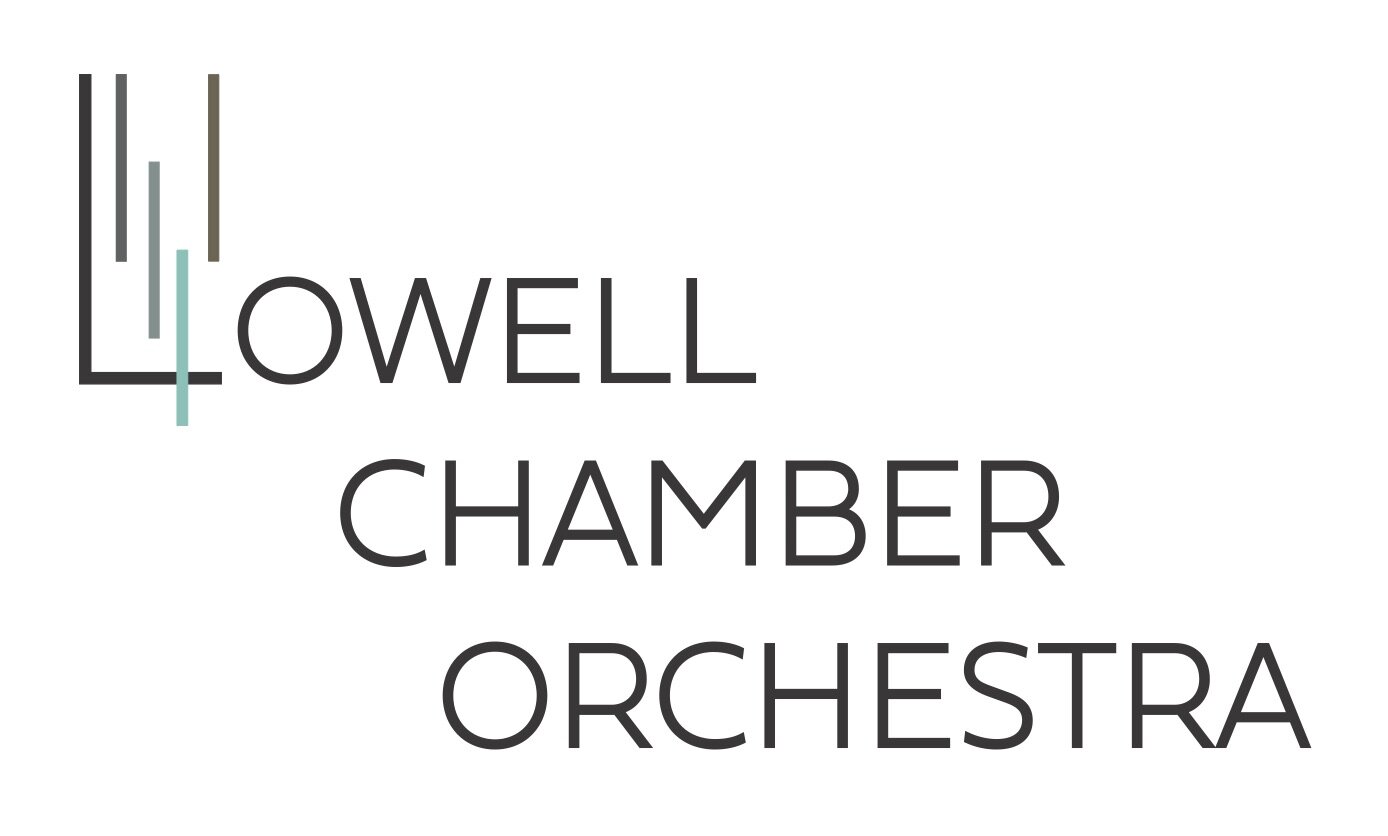Adagio for Strings, by Samuel Barber
The beloved second movement of his string quartet, in its iconic arrangement for string orchestra. Barber’s “Adagio,” as it’s commonly known, rarely leaves a dry eye with its deep reaching pathos and drama. A true example of perfect compositional structure, this work has permeated our culture and remained relevant thanks to its shear beauty and masterful working of tonality - very conservative in this work, compared to others.
Journey Through the Eternal Forest, by Andrew List
Composer Andrew List
Journey Toward the Eternal Forest is conceived as an evocative tone poem in one single movement and is scored for solo flute and oboe with string orchestra. The work takes place over the course of one day from pre dawn to sunset. The work contains three main sections: Dawn, A Hike to the Mountaintop and Evening. By using this structure, I have “tipped my hat” to Joseph Haydn whose early symphonies Le matin, Le midi, and Le soir (no’s 6-8) inspired me as a young composer. In my piece I have encapsulated the spirit of these three symphonies into a single movement. My deep love of nature, the mountains and the natural world is the main inspiration for writing Journey Toward the Eternal Forest. The idea came to me during a hike I took this spring in the Green Mountains of Vermont. After a long slow climb through the forest surrounded by amazing plants, flowers and trees filled with singing warblers, we finally reached the mountaintop with it’s breathtaking vista of the valley below. A month later my inspiration was once again renewed during a two-week visit to the Valdeblore region of the French Alps where the main part of the work was composed.
Appalachian Spring, by Aaron Copland
Copland was finally gaining traction as a composer when choreographer and dancer Martha Graham approached him to write a ballet for her troupe, using only a few instruments - she would also go to ask other composers: Paul Hindemith, Samuel Barber, Carlos Chavez, and others. Copland did not have a problem with the (even then) low fee of $500 that she could afford to pay him. Thus, was born an incredible work for 13 instruments called “Ballet for Martha.” Eventually, Martha Graham would change the title to Appalachian Spring, but originally the commission just required “an American theme,” hence the use of the Shaker song “Simple Gifts” towards the end.
Martha Graham (center) and Aaron Copland (right)





